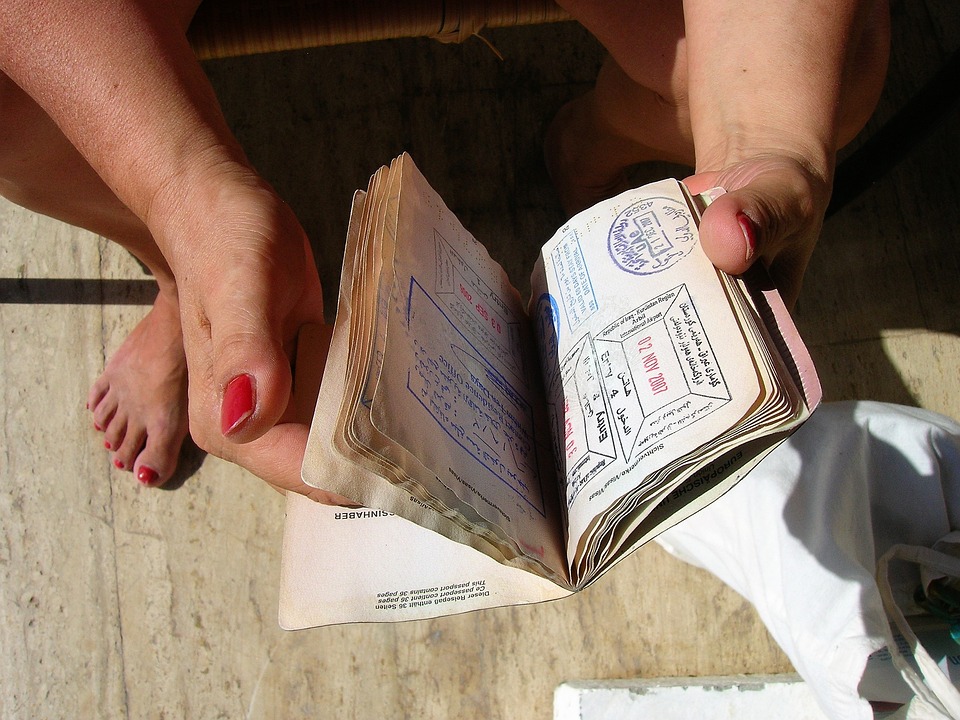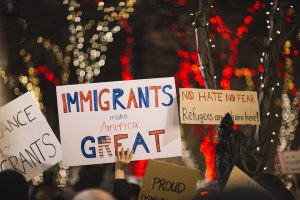Factors Affecting U.S. Visa Denial: 7 Common Reasons for Rejection

In this article, we’ll cover the seven most common reasons why you might be denied a U.S. visa, specifically for a tourist visa.
1. Incomplete Documentation
The first and most common reason for visa denial is an incomplete set of documents, which can cause mistrust or raise additional questions.
We recommend gathering as many documents as possible, even those that may not be specifically requested. Forgetting important documents like a passport or an invitation to work will likely result in a failed interview, and you’ll have to come back again.
Additional documents serve as supporting evidence of your intentions when the consul asks questions. Forgetting secondary documents might still allow you to move forward, but missing key documents will mean returning another time.
2. Inconsistency Between Your Application and Your Answers
Your answers to the consul’s questions should match what you filled out in your application.
Before the interview, you’ll fill out the DS-160 form online. It includes fields about your job, relatives in the U.S., children, family, etc. Be truthful about your circumstances. If you have a sibling or other close relative in the U.S., disclose it. Consulate workers can verify your application details and might find that your relatives already have U.S. entry documents and are living there.
There was a case where someone was denied a visa for concealing such information. The person didn’t mention their sister living in the U.S. out of fear that the consul would see it as a reason for immigration, even though the individual had no such plans. The applicant intended to visit the U.S. for a couple of weeks to see their nephews.
When the consul asked why this information was hidden, the person was caught off guard and didn’t have an answer. The visa was denied.
So, don’t hide anything. Be honest in your application and responses, and prepare answers based on your case and story.
3. Mistakes in the Application
This is another common reason for denial. A mistake might be unintentional, due to carelessness, but it can still negatively impact your interview outcome.
Be careful when filling out the form. Surprisingly, most mistakes occur in standard fields for personal information, like a typo in a letter or number. Even though it may seem minor, it can influence the decision.
4. False Information
Providing false information is always seen as deceit by the consul. Whether you accidentally misspoke or not, ensure that your story sounds genuine and confident.
As mentioned earlier, carefully plan your story so that your answers don’t create an endless stream of questions. The consul should understand your goals, motivations, sources of income, and so on.
5. Nervous Behavior
If you appear overly nervous, as if your entire life depends on whether you get the U.S. visa or not, the consul may suspect something is off.
Practice speaking confidently and rehearse your answers to the consul’s questions in front of a mirror, with a friend, or ideally with an immigration specialist.
They can help you prepare your personal case, warn you of pitfalls, and unexpected questions.
From our experience, thorough preparation for the interview with professionals significantly increases your chances of success.
Those who don’t prepare for their U.S. visa interview are left relying only on luck and the consul’s mood, which brings us to the next point.
6. Overly Eager or Pushy Behavior
Don’t try to win the consul over by constantly complimenting or pleading with them. You’ll likely raise suspicion instead of gaining favor.
Imagine how many people like you the consul meets daily. Put yourself in the consul’s shoes and think about what a person should look and sound like to convince you to grant them a visa.
Rehearse your speech and demeanor, especially if you struggle with staying calm under pressure.
7. The Consul’s Mood
There have been cases where a U.S. visa was denied for seemingly insignificant reasons. Applicants have noted that the consul was terse and unfriendly, asking only a few questions before quickly denying the visa.
What happened? Like anyone, consuls can have bad days. They are human and are not required to be cheerful or accommodating. Their job is to assess your true intentions and make sure you plan to return home rather than join the ranks of illegal immigrants.
In Conclusion
Our advice from the E-migrating team: prepare for your interview well in advance, practice your story, don’t be late, and be yourself. We believe in you. Good luck!
Table of Contents


